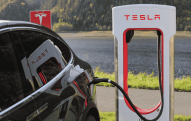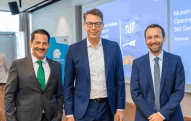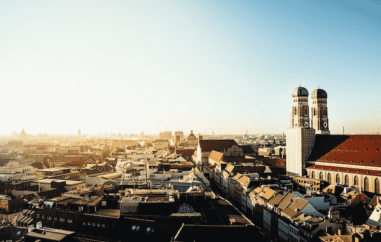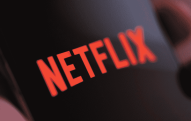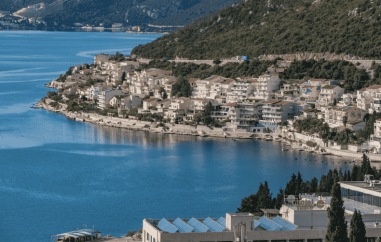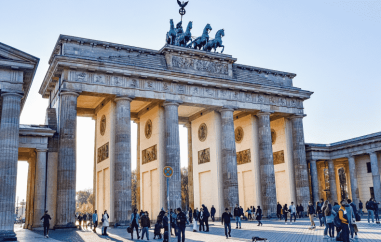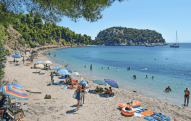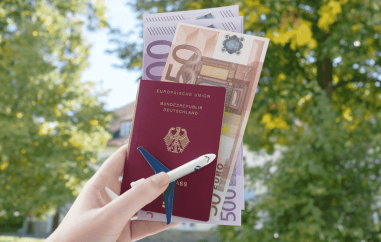Turkish blood, German heart
Emir M. stands up when his aging father comes in, as does everyone else in the family. They all do this whenever their father enters the room the first time of the day, or after he has been out. Emir is the eighth of ten siblings from his father, although there are some brothers and sisters from different mothers since his father has three wives. Nobody in the family thinks this is strange behaviour, though it takes place in Moosach, a northwest suburb of Munich. Emir's father immigrated to Munich over 50 years ago, but has painstakingly maintained the traditions of his homeland, Anatolia, Turkey. Although Emir's father has three wives, to the authorities in Bavaria he claims to have only one. In his local neighbourhood, this appears to be quite the norm and Emir is not the husband in the area with multiple wives that the authorities are not aware of. Emir's father has been very successful since coming to Germany; he visits his family in Turkey three times a year but has no desire to move back there.
Emir has lived most of his 30 years in Moosach, except for a single year when he was a small boy. He was sent to the old village in Anatolia, for some 'conditioning' (his words). He learnt the Turkish language and its customs, he was to meet and live with his grandma, great aunts and uncles and get a general feel for his roots and homeland. But Emir never felt this way towards Anatolia - this was never his homeland. In spite of his father's best efforts, Emir chose to get a German passport when the opportunity arose.
"I feel as much German as Turkish," he says, in perfect German. "I was born in Munich, many of my friends are German, I speak German at work. I like to drink beer while watching football and have eaten Schweinebraten (roast pork) more than once. I own Lederhosen and I would cheer for Germany if they played against Turkey in football, though not in my father's house. I would do that, because the Germans have a better chance of winning!" he says with a smile, "But of course I vote for Turkey at Eurovision (European song contest)," he continues as his smile widens.
Emir, though raised to speak Turkish, is part of a small but steadily increasing group of Turkish-Germans. His situation is not unique except for the fact that it has happened one generation sooner than most. Many third generation Turks who live in Germany are looking for ways not only to integrate but to become German in every sense of the word. They speak the language, disregard any dietary restrictions that would interfere with popular German food or drink, listen to German pop music and generally associate themselves with most things German. Additionally, they are more secular than religious. But the path to full integration for these Turks is often laden with difficult obstacles.
The Turks are one of the main reasons that Germany was able to experience the 'Wirstschaftswunder' (economic miracle), in which the Turks helped rebuild Germany after World War II. It can be said that post-war Germany reached a high level of prosperity because of this help. Although other efforts and plans contributed to its success, most attribute Germany's growth to the Turks who did a great deal of the heavy lifting.
The seemingly prevalent position in Germany is that the Turks were guest workers who have now overstayed their welcome. Thilo Sarazin and others have complained that the Turks are weighing Germany down, and that there has been a lack of integration. Yet what is equally compelling, which is being recognised by politicians, business owners and many of the young Germans on the streets more and more, is that the Turkish population in Germany is very quickly becoming an asset to Germany on multiple levels, especially as Germany continues to grow into its role as world leader again.
Turks in Germany are a powerful demographic, perhaps as many as 3.5 million, and they tend to be loyal customers. Their bilingual skills are extremely important as German companies such as MAN SE, here in Munich, look to expand their markets into Turkey and the greater Middle East. Turkish Airlines is a rapidly expanding airline with many international destinations. Turkcell, a mobile phone company, has recently entered the market. The economy of Turkey has been growing at a healthy rate, placing it firmly in the second tier behind the BRIC countries. Many Turks now travel to Germany and leave their lira behind, boosting the ever important retail sector of the economy here in Germany.
Another factor that could be of economic benefit to Germany, as well as one that has been acknowledged by German politicians, is that the birth rate for the Turks is much higher than that of the Germans. This boom in the population of younger Turks could help to offset the soaring pension and health care costs which Germany will face in the not-too-distant future.
Many Germans have recognized the strengths that the Turkish community has to offer. They have even begun to learn some Turkish to communicate with their friend's older relatives, whose German speaking skills may be lacking. Emir is only too happy to give some Turkish vocabulary words or some small phrases to his German friends. He thinks they sound slightly strange, but it always results in laughter between friends, and isn't that what intergration is all about?
By learning a bit of Turkish, offering them passports if they choose, understanding that to be a truly Christian country one must not only tolerate but encourage others to worship as they see fit, as long as the value systems of both beliefs are compatible, the Germany of tomorrow could be a vibrant and stronger leader of the EU, and hopefully a role model for the world at large. Perhaps Germany can finally settle on a national food like America's cheeseburger or Hungary's goulash. So what if it is a kebap.
Emir and his wife raise their daughter in Turkish, but realise that when she begins school she will speak mostly German with her classmates and teachers. Television, radio, cinema and many other aspects of city living will also influence her choice of language.. "This does not worry me," he says. "The most important thing for me is that she has a chance to be whatever she wants to be - here, in Munich," he continues. "Of course I hope she remembers where her roots are from, but if she's born in Germany, raised and educated in Germany and a long time from now she dies in Germany, then in my mind she has lived as a German, regardless of blood." After speaking with Emir, one gets the feeling that Germany could use more people, both Turkish and German, who think a lot like he does.






















